Home>Garden Essentials>How Long Does Bird Seed Last
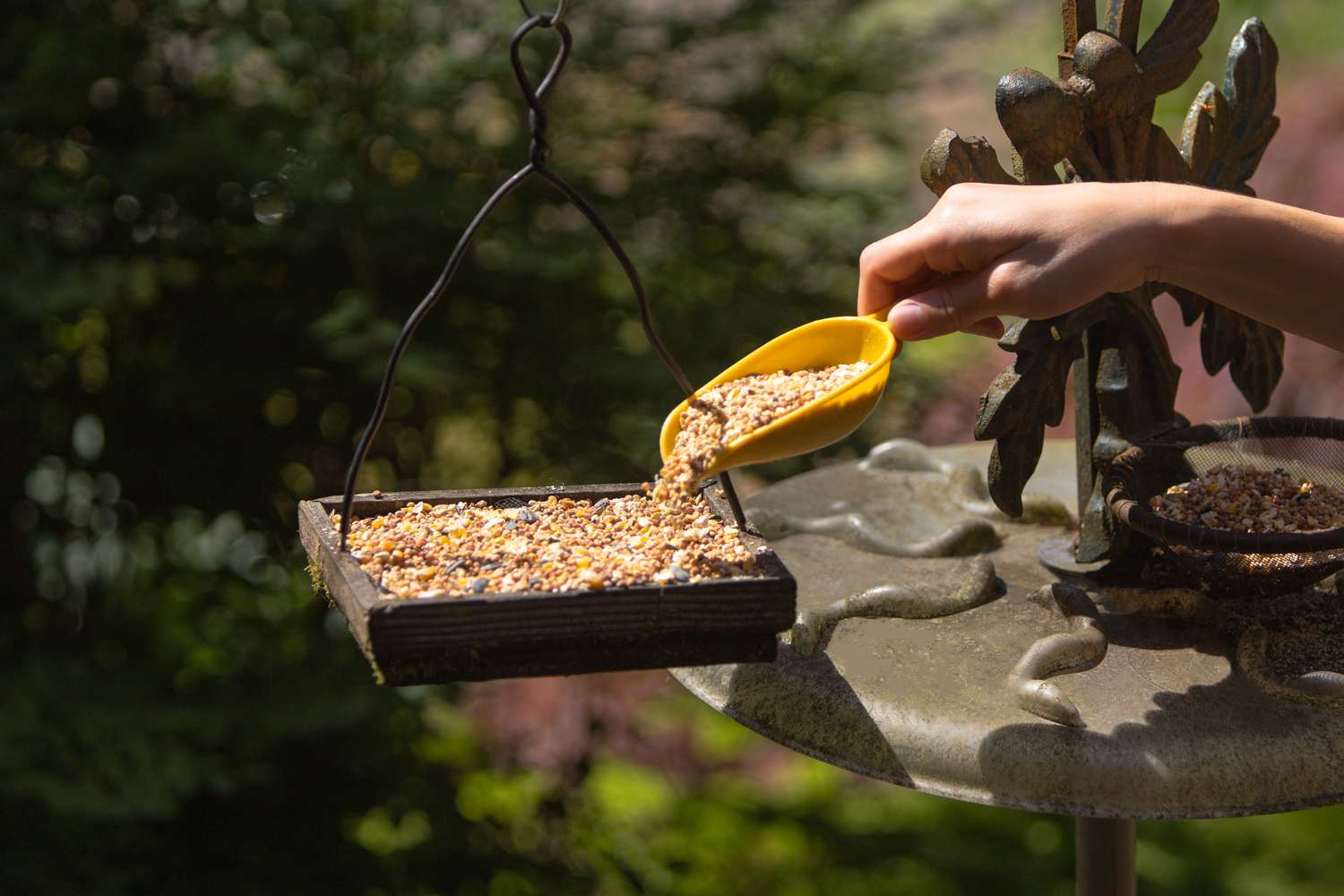

Garden Essentials
How Long Does Bird Seed Last
Modified: March 15, 2024
Discover how long bird seed can last in your garden and ensure your feathered friends always have a fresh and nutritious food source.
(Many of the links in this article redirect to a specific reviewed product. Your purchase of these products through affiliate links helps to generate commission for Storables.com, at no extra cost. Learn more)
Introduction
Welcome to the wonderful world of bird feeding! Whether you are an avid bird watcher or simply enjoy the beauty and chirping sounds of our feathered friends, providing them with bird seed is a great way to attract them to your garden. However, if you’re new to this hobby, you may find yourself wondering: how long does bird seed last?
The lifespan of bird seed depends on various factors, including the type of seed, storage conditions, and exposure to moisture and pests. Understanding these factors and implementing proper storage techniques can significantly extend the shelf life of bird seed, ensuring that it remains fresh and nutritious for our avian visitors.
In this article, we will delve into the factors that affect the lifespan of bird seed, explore the recommended shelf life of different types of bird seed, discuss proper storage methods, highlight the signs of spoiled bird seed, and provide helpful tips for extending its lifespan.
So, whether you’re a beginner or a veteran bird feeder, read on to discover the secrets to keeping your bird seed fresh and attracting a wide variety of birds to your garden.
Key Takeaways:
- Proper storage in airtight containers, away from moisture and pests, can extend the lifespan of bird seed, ensuring fresh and nutritious options for our feathered friends.
- Regularly monitoring for signs of spoilage and rotating stock can help maintain the quality of bird seed, attracting a diverse range of bird species to your garden.
Read more: How Long Does Wild Bird Seed Last
Factors Affecting Bird Seed Lifespan
Several factors can have a significant impact on the lifespan of bird seed. Understanding these factors will help you make informed decisions when it comes to purchasing and storing your bird seed.
Quality of the Seed: The quality of the bird seed you purchase plays a crucial role in its shelf life. High-quality seeds are less likely to spoil quickly compared to lower-quality options. Look for seeds that are clean, free from debris, and free from signs of mold or insect infestations.
Seed Type: Different bird seeds have varying lifespans. For example, sunflower seeds and peanuts tend to have a longer shelf life than millet or nyjer seed. When purchasing bird seed, consider the type of birds you’re trying to attract and choose the appropriate seed accordingly.
Moisture Exposure: Moisture is one of the biggest enemies of bird seed. When exposed to high humidity or direct moisture, bird seed can quickly become moldy or develop bacterial growth. It is crucial to store bird seed in a dry and well-ventilated area to prevent moisture from spoiling the seeds.
Pest Infestation: Insects and rodents are attracted to bird seed, so it’s essential to protect your storage area from these unwelcome guests. Properly sealed containers or storage bins can help prevent pests from accessing and contaminating the bird seed.
Storage Temperature: The temperature at which bird seed is stored can also impact its longevity. Extreme heat or cold can accelerate the spoilage process, and fluctuations in temperature can affect the quality of the seeds. It’s best to store bird seed in a cool, dry place away from direct sunlight.
Storage Duration: Bird seed is not meant to last indefinitely. Even under ideal storage conditions, its nutritional value and freshness can decline over time. It is recommended to check the expiration dates on the packaging and rotate your bird seed stock regularly to ensure that you are always providing fresh and nutritious options for your feathered friends.
By considering these factors and implementing proper storage techniques, you can significantly extend the lifespan of your bird seed and ensure that it remains enticing and nutritious for the birds visiting your garden.
Shelf Life of Different Types of Bird Seed
Not all bird seeds have the same shelf life. Understanding the lifespan of different types of bird seed can help you plan your purchases and storage methods more effectively. Here’s a breakdown of the average shelf life for some common types of bird seed:
Sunflower Seeds: Sunflower seeds are highly popular among birds and provide them with essential nutrients. When stored in a cool, dry place, unshelled sunflower seeds can last up to six months, while shelled sunflower seeds have a shorter shelf life of about three months.
Peanuts: Peanuts are a favorite among larger birds like blue jays and woodpeckers. When stored properly in airtight containers, peanuts can last for up to six months.
Nyjer (Thistle) Seed: Nyjer seed is a delicacy for finches, particularly goldfinches. This seed has a relatively short shelf life due to its high oil content. When stored in a cool, dry place, nyjer seed can last for about three to six months.
Millet: Millet is often found in mixed bird seed blends and is favored by sparrows and other small birds. When stored in a cool, dry place, millet can last for about six to nine months.
Safflower Seeds: Safflower seeds are an excellent option for attracting cardinals and other large birds. When stored in airtight containers in a cool, dry place, safflower seeds can last for up to one year.
Corn: Corn is a common additive in many bird seed mixes and is enjoyed by ground-feeding birds like pigeons and doves. When stored properly in a cool, dry place, corn can last for up to one year.
It’s important to note that these are general guidelines for the average shelf life of bird seed. Factors such as storage conditions and the quality of the seed can influence its actual lifespan. Always check for signs of spoilage, mold, or insect infestation before offering the bird seed to your feathered visitors.
By understanding the different shelf lives of various bird seed types, you can make informed decisions when purchasing and storing your bird seed, ensuring that you provide fresh and nutritious options for the birds in your garden.
Proper Storage of Bird Seed
Proper storage is essential to maintain the freshness and nutritional value of bird seed. Here are some tips to ensure that your bird seed stays in optimal condition:
Use airtight containers: Transfer your bird seed from its original packaging into airtight containers such as plastic bins or large resealable bags. This will help prevent moisture, pests, and air exposure, which can all contribute to seed spoilage.
Choose the right storage location: Find a cool, dry place to store your bird seed. Avoid areas that are prone to temperature fluctuations, such as garages or sheds, as this can accelerate seed deterioration. Ideally, store the seed in a climate-controlled storage area, such as a pantry or a dedicated bird seed storage room.
Keep it off the ground: Elevate your bird seed containers off the ground to reduce the risk of pests accessing the seed. Placing them on a shelf or using pallets underneath can help create a barrier between the containers and any potential pests.
Check for signs of spoilage: Regularly inspect your stored bird seed for any signs of mold, mildew, or insect infestation. Discard any seed that appears spoiled or has an unpleasant odor, as it can be harmful to the birds.
Rotate your stock: To ensure that you always provide fresh bird seed, practice a “first in, first out” approach. When purchasing new seed, place it behind the existing stock and use the older seed first. This way, you’re constantly rotating through your supply and minimizing the chances of using expired or stale seed.
Monitor the expiry dates: Pay attention to the expiration dates on the packaging of the bird seed you purchase. While seed can still be usable after the expiration date, it’s always better to be mindful of freshness and provide the best possible quality to the birds.
Consider seasonal adjustments: During warmer months when the chance of pest infestation is higher, you may want to reduce the quantity of seed stored to avoid attracting unwanted visitors. In colder months, when bird activity is lower, you can adjust your storage accordingly.
By following these proper storage practices, you can ensure that your bird seed remains fresh, enticing, and safe for the birds in your garden. Your feathered friends will appreciate the nutritious offerings, and you’ll have the pleasure of observing a variety of bird species enjoying their meals.
Store bird seed in a cool, dry place to extend its shelf life. Keep it in a sealed container to prevent moisture and pests. Check the expiration date on the packaging for guidance.
Signs of Spoiled Bird Seed
It’s important to regularly inspect your bird seed for signs of spoilage, as offering spoiled seed to birds can be harmful to their health. Here are some signs to look out for:
Mold or Fungus: One of the most obvious signs of spoiled bird seed is the presence of mold or fungus. If you notice any fuzzy or discolored patches on the seed, it is an indication of spoilage. Mold can produce toxins that can be harmful to birds if consumed.
Unpleasant Odor: Fresh bird seed should have a neutral or slightly nutty smell. If you detect a rancid or foul odor from the seed, it is likely spoiled and should not be offered to the birds.
Clumping or Caking: Moisture exposure can cause bird seed to clump or cake together. This can make the seed unappetizing to birds and can also indicate the presence of mold or bacterial growth.
Insect Infestation: If you notice any crawling or flying insects in or around your bird seed storage area, it could be a sign of an infestation. Insects, such as moths, beetles, or weevils, can damage the seed and contaminate it with their waste.
Unusual Texture or Color: If the bird seed looks unusually dry, shriveled, or discolored, it may indicate spoilage. Fresh seed should have a vibrant color and appear plump and healthy.
Decreased Bird Activity: Birds are instinctively drawn to fresh, nutritious seed. If you notice a decrease in bird activity around your feeders or birds showing disinterest in the seed, it could be a sign that it has gone bad.
If you encounter any of these signs of spoilage in your bird seed, it’s important to discard the affected seed immediately. It’s better to err on the side of caution and provide fresh, uncontaminated seed to ensure the health and well-being of the birds visiting your garden.
Regularly monitoring your bird seed for these signs of spoilage and implementing proper storage techniques will help you provide the best quality seed for your feathered friends, attracting a diverse range of bird species to your garden.
Read more: How Long Does A Seed Last
Tips for Extending the Lifespan of Bird Seed
Proper storage is key in extending the lifespan of bird seed, ensuring that it remains fresh and enticing for the birds visiting your garden. Here are some tips to help you prolong the shelf life of your bird seed:
Buy in smaller quantities: Consider purchasing bird seed in smaller quantities that you can use up within a few months. This way, you can ensure that you’re always providing fresh seed to the birds.
Store in a cool, dry place: Heat and humidity can expedite seed spoilage. Choose a storage location that is cool and dry to maximize the longevity of your bird seed. Avoid storing it in direct sunlight or areas that experience temperature fluctuations.
Use airtight containers: Transfer your bird seed into airtight containers such as plastic bins or resealable bags to prevent moisture and pests from accessing the seed. Make sure the containers are clean and completely dry before introducing the seed.
Rotate your stock regularly: Implement a “first in, first out” system when utilizing your bird seed stash. Use the older seed first, ensuring that you’re constantly rotating through your stockpile and minimizing the chances of using expired or stale seed.
Avoid mixing different types of seed: While it may be tempting to create your own custom bird seed mix, it’s best to avoid mixing different types of seed unless you know they have similar shelf lives. Different seeds may spoil at different rates, compromising the overall freshness of the mix.
Monitor for signs of spoilage: Regularly inspect your stored bird seed for any signs of mold, mildew, insect infestation, or foul odor. Discard any seed that shows these signs to prevent potential harm to the birds.
Keep feeding stations clean: Regularly clean your bird feeders, removing any old or moldy seed residues. Dirty feeders can lead to the spread of bacteria and the contamination of fresh bird seed. Clean feeders attract healthier birds and reduce the risk of spoilage.
Consider seasonal adjustments: During warmer months when bird activity is higher, you may need to refill your feeders more frequently to ensure you’re providing fresh seed. In colder months when bird activity slows down, you can adjust the quantity of seed stored to minimize waste.
By following these tips, you can significantly extend the lifespan of your bird seed and ensure that you’re consistently offering fresh and nutritious options to the birds visiting your garden. Remember, healthy and high-quality seed will attract a wide variety of bird species, enhancing your bird-watching experience.
Conclusion
Bird feeding can be a rewarding and enjoyable hobby that brings the beauty of nature right to your garden. Understanding how to properly store and extend the lifespan of bird seed is crucial to ensure that you’re providing fresh and nutritious options for the birds visiting your feeders.
Factors such as seed type, moisture exposure, pest infestation, storage temperature, and duration all play a role in determining the lifespan of bird seed. By being mindful of these factors and implementing proper storage techniques, you can maximize the freshness and attractiveness of your bird seed.
Remember to regularly check for signs of spoilage such as mold, unpleasant odor, clumping, insect infestation, and unusual texture or color. Discard any seed that shows these signs to prevent potential harm to the birds.
By purchasing bird seed in smaller quantities, storing it in a cool and dry place, using airtight containers, rotating your stock, and keeping feeding stations clean, you can significantly extend the lifespan of your bird seed and provide a delightful dining experience for our feathered friends.
Observing the birds as they flock to your feeders to enjoy the fresh seed is truly a joy that brings us closer to nature. So, take the necessary steps to keep your bird seed fresh and attractive, and enjoy the beauty and serenity of birdwatching in your own backyard.
Take pride in your role as a caretaker for these wonderful creatures, and remember that by providing them with fresh and nutritious bird seed, you’re not only attracting them to your garden but also supporting their health and well-being.
Frequently Asked Questions about How Long Does Bird Seed Last
Was this page helpful?
At Storables.com, we guarantee accurate and reliable information. Our content, validated by Expert Board Contributors, is crafted following stringent Editorial Policies. We're committed to providing you with well-researched, expert-backed insights for all your informational needs.
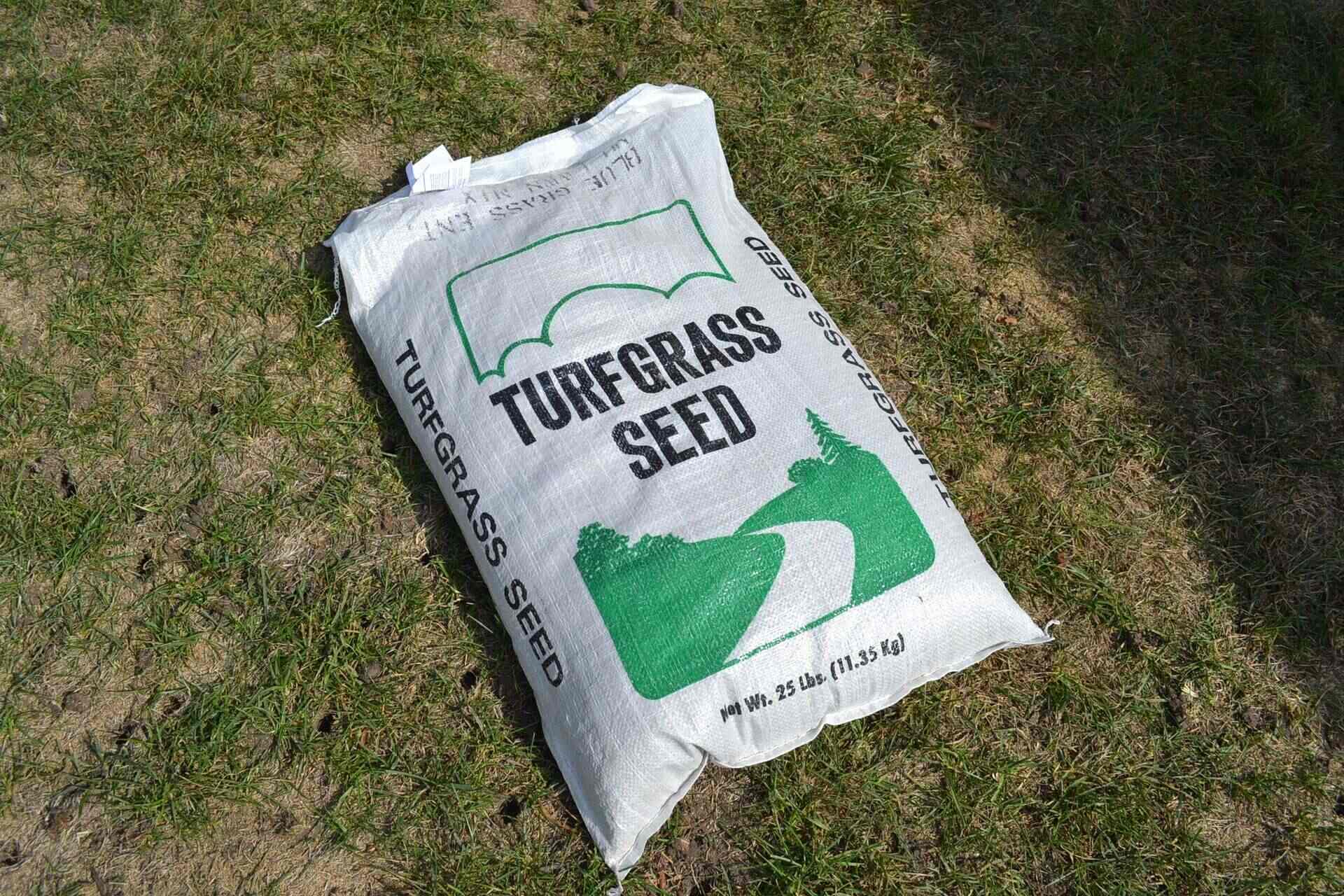
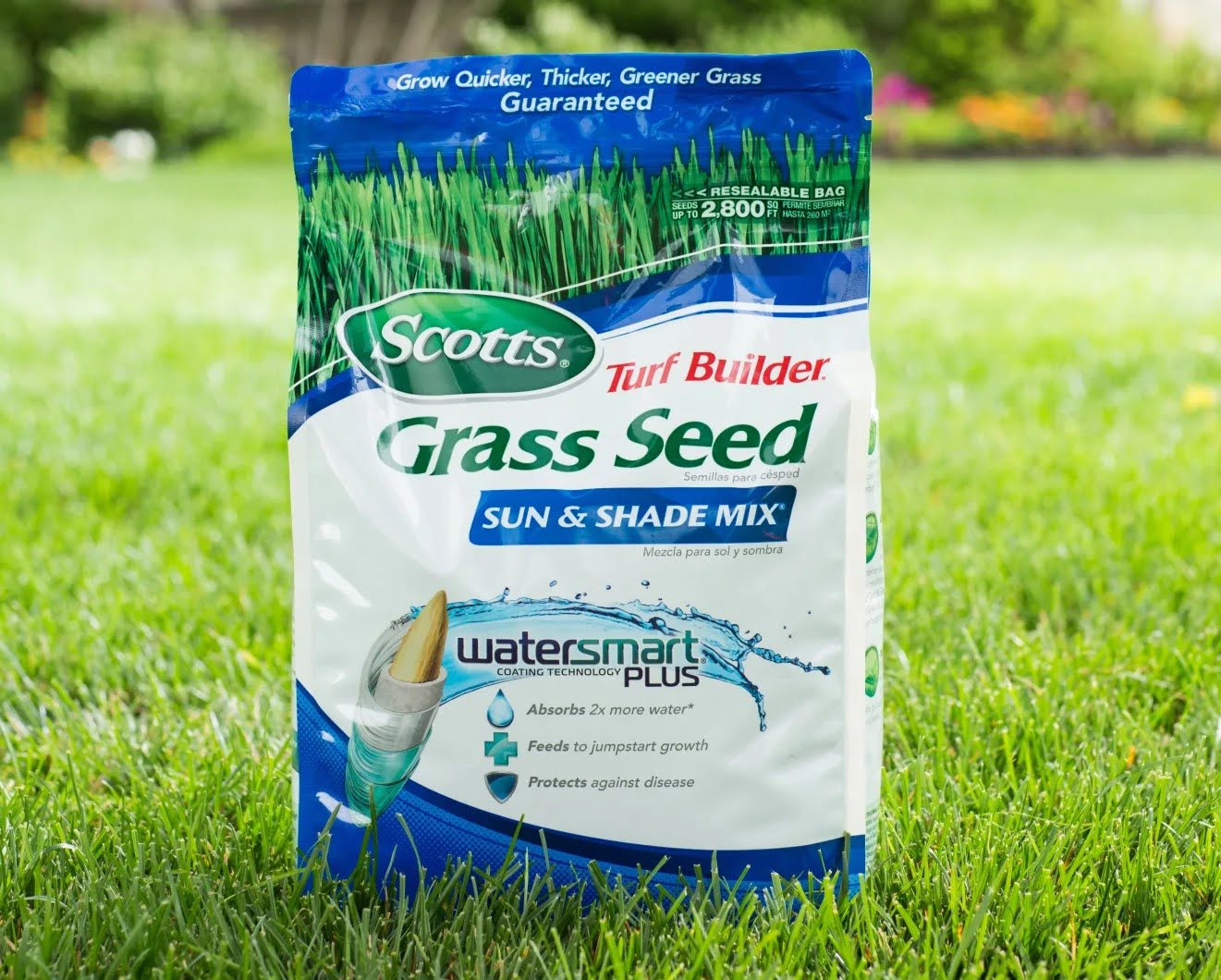
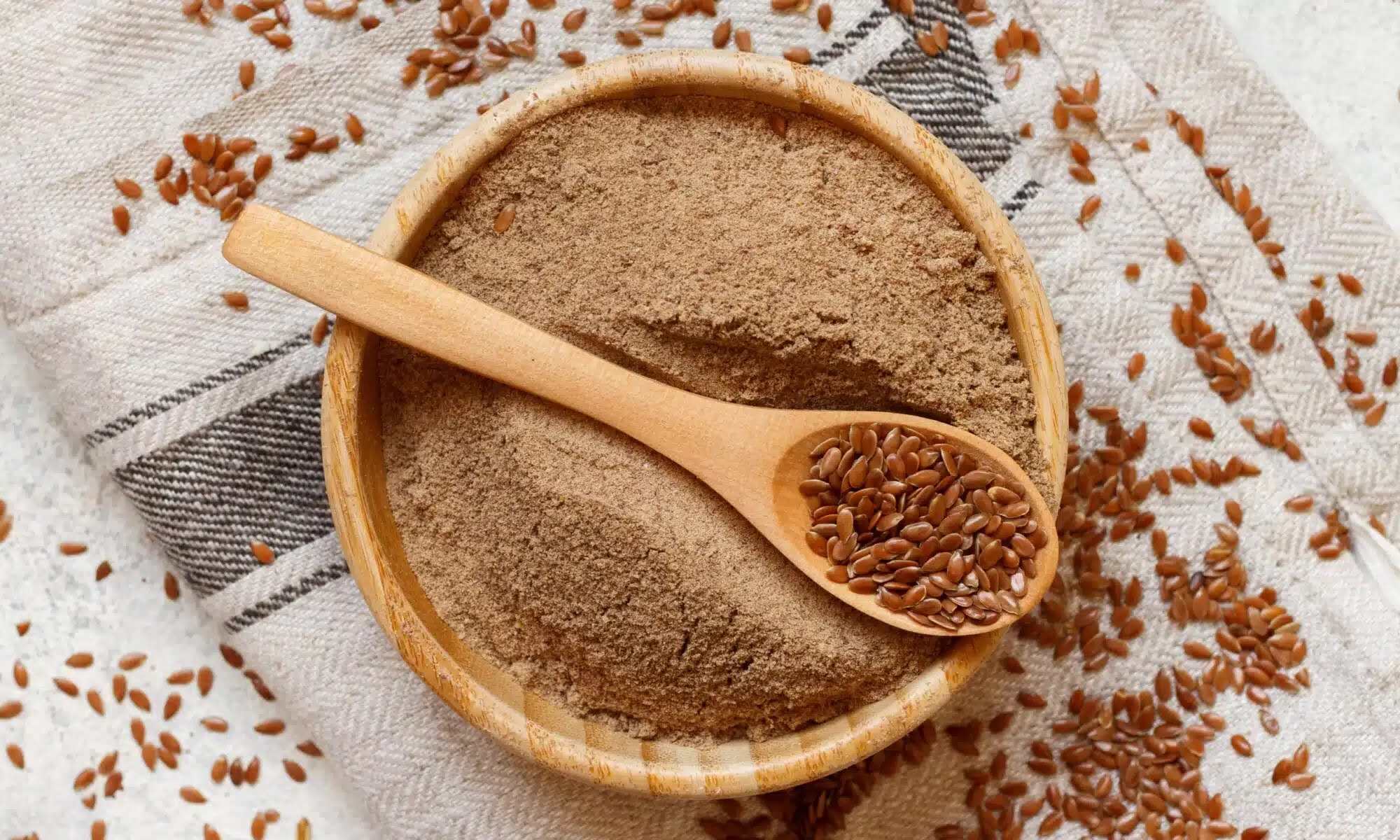
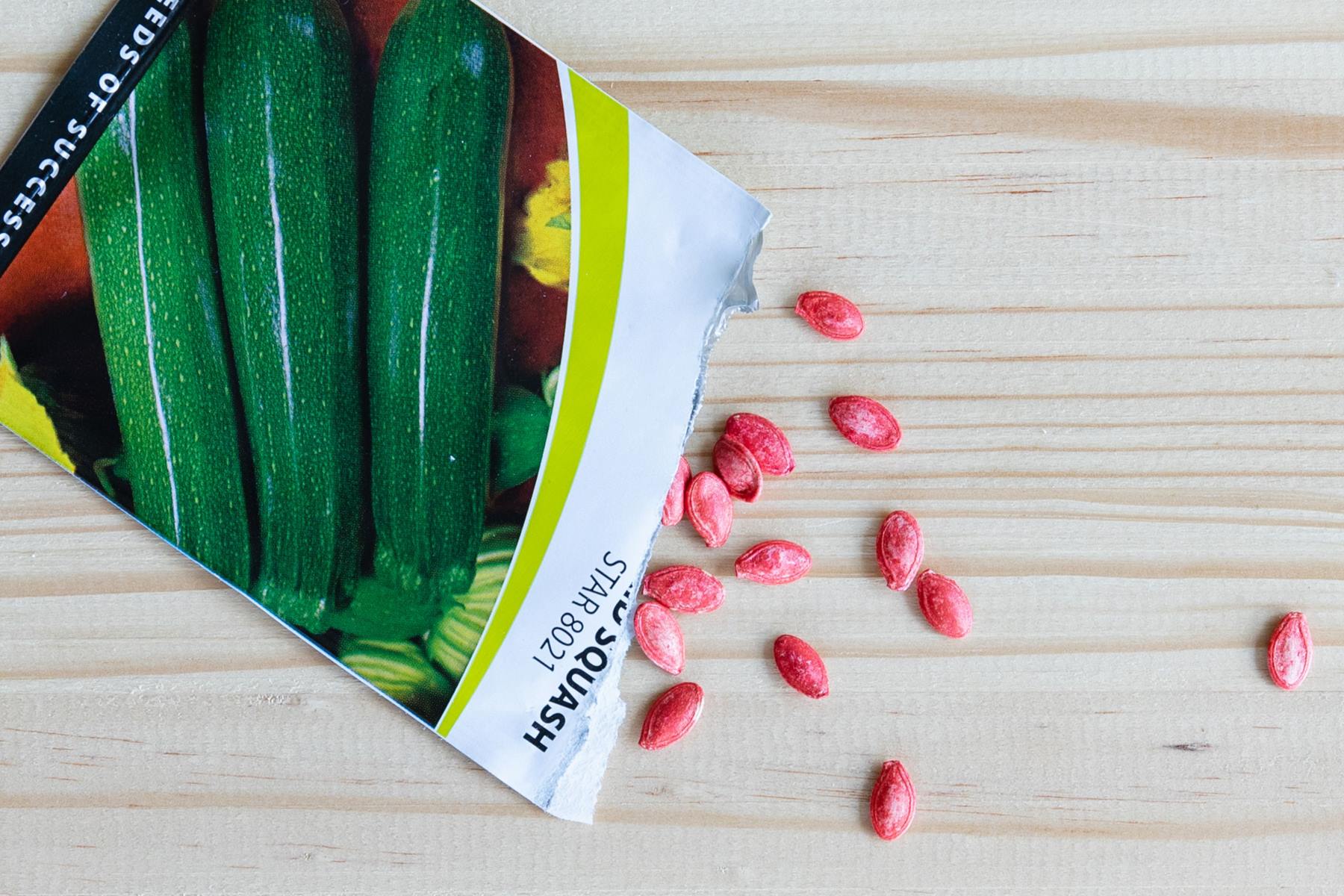
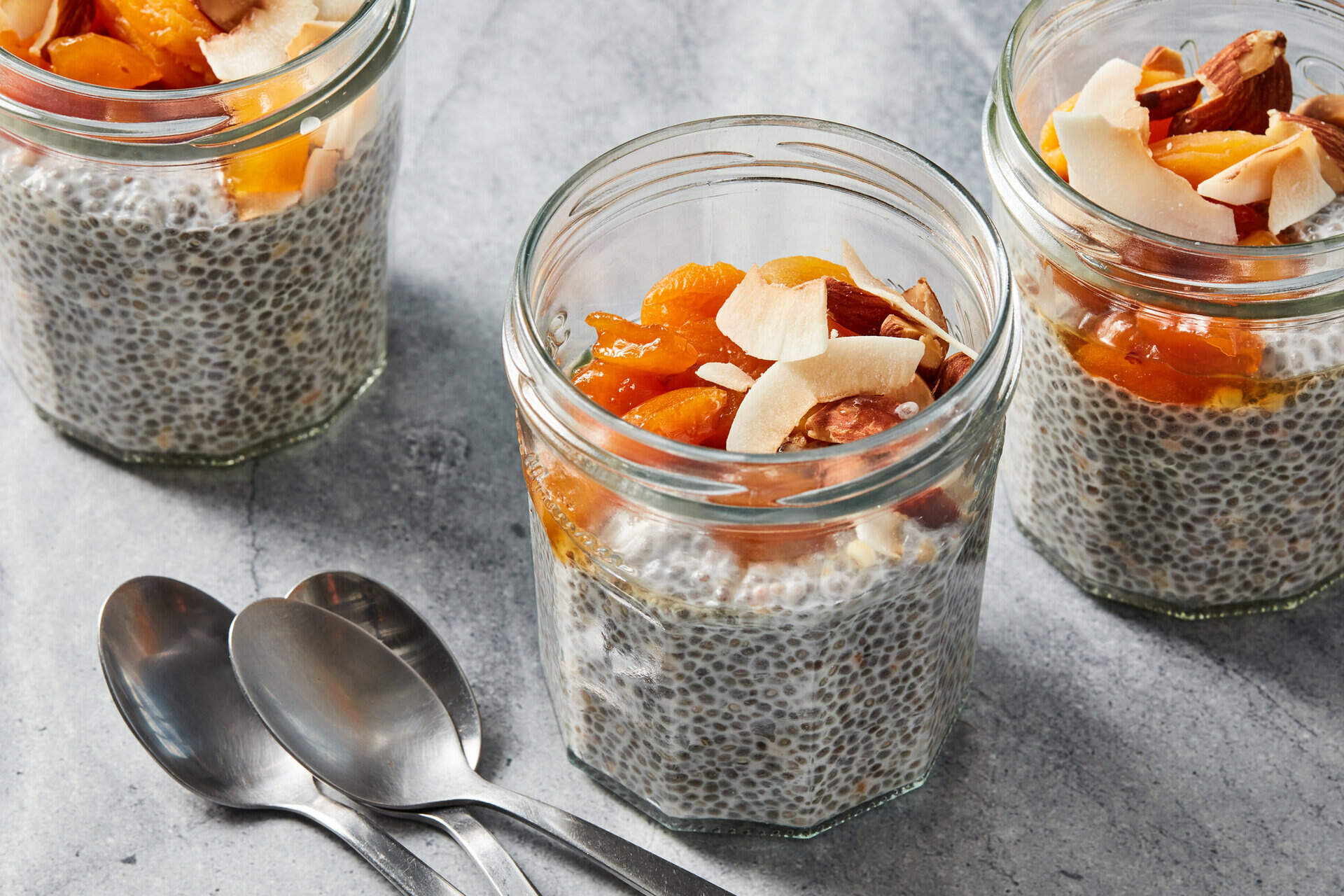
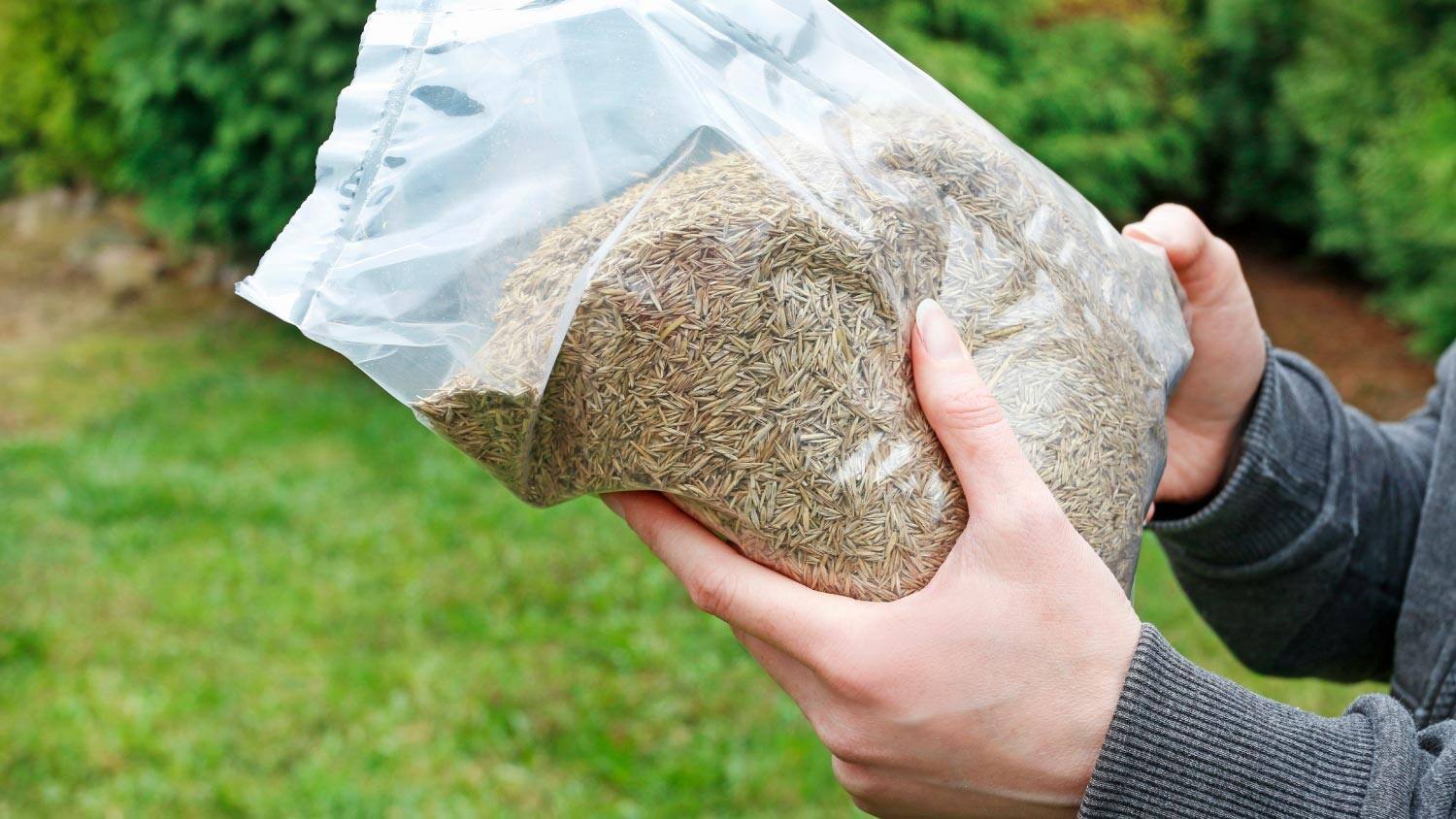
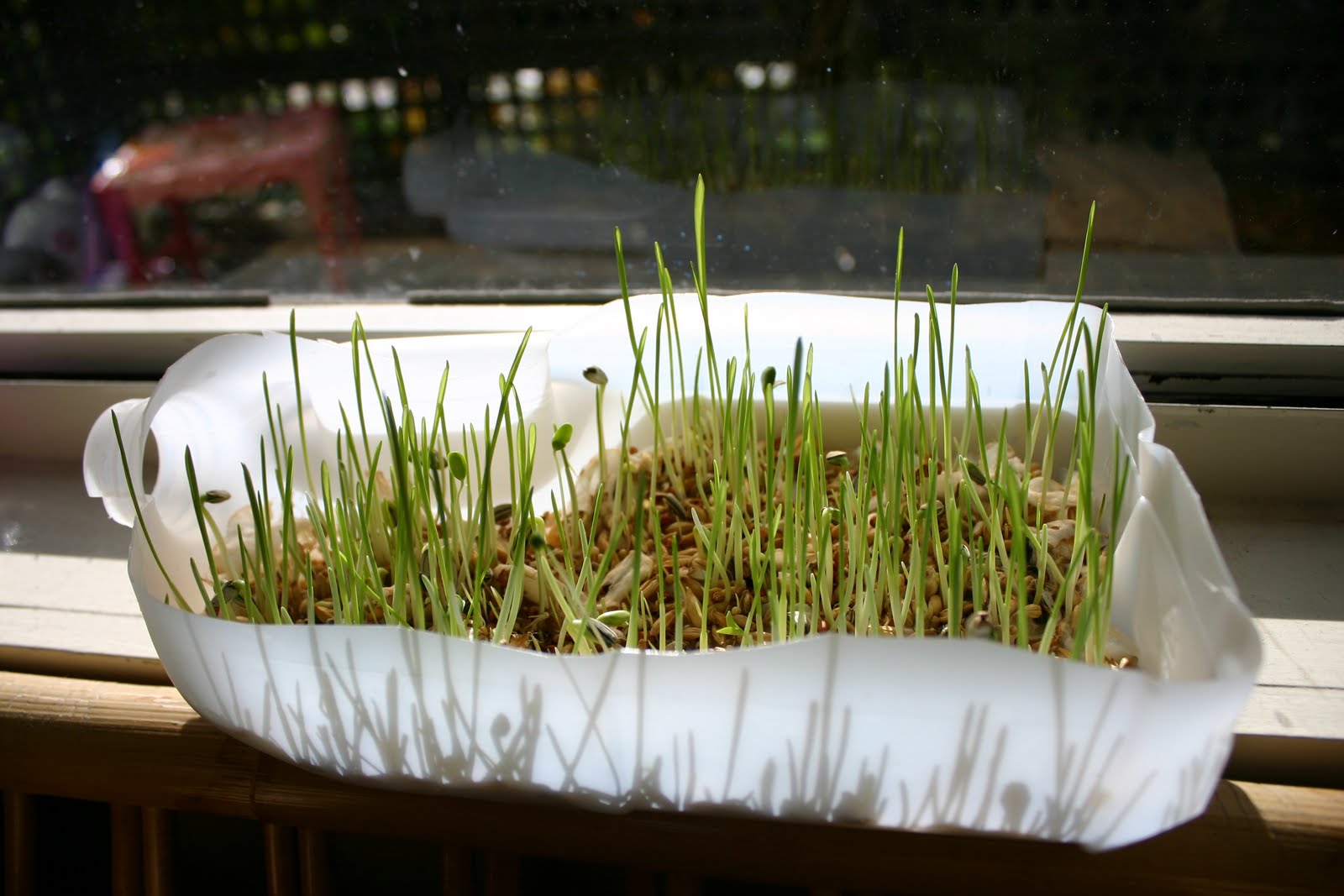
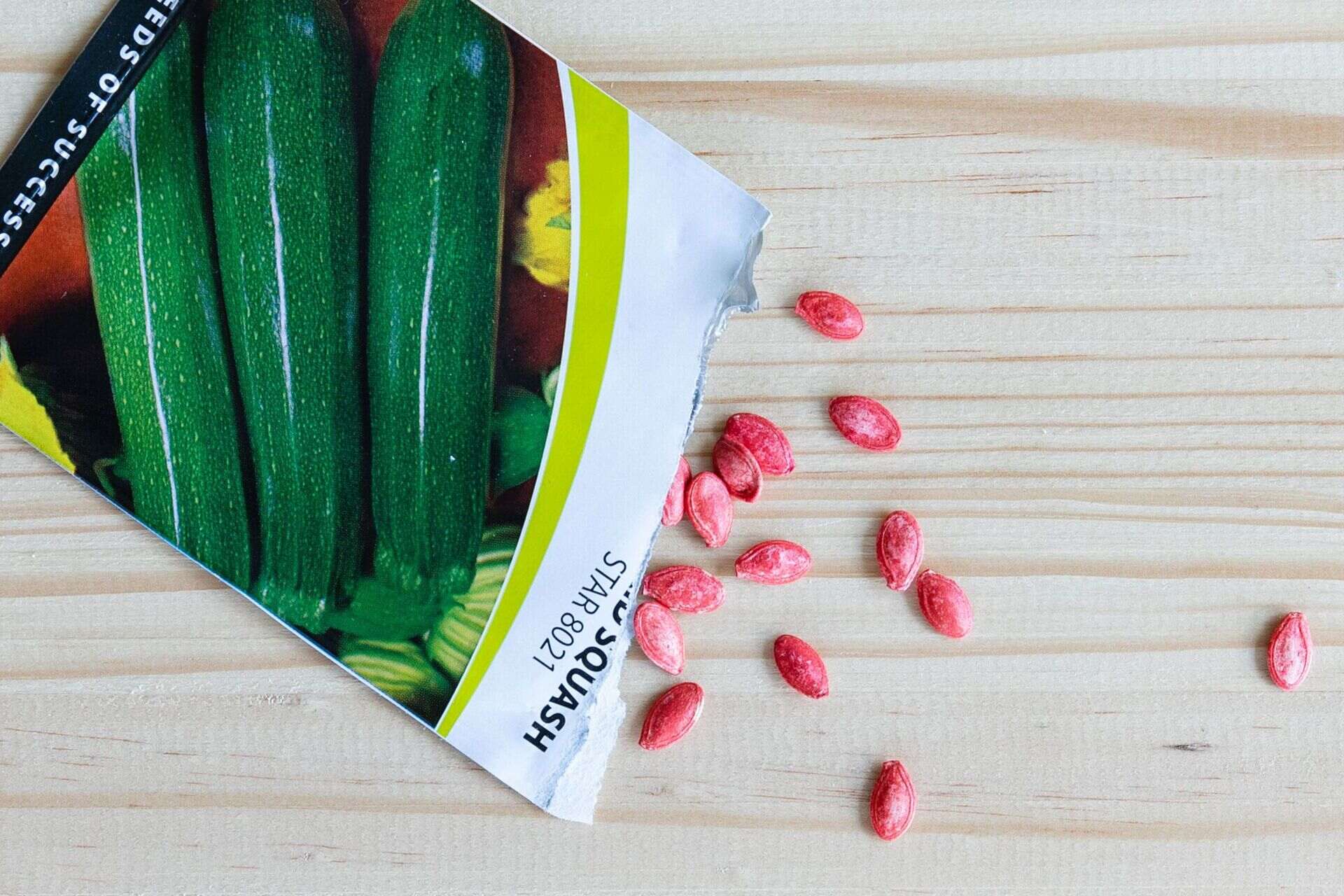
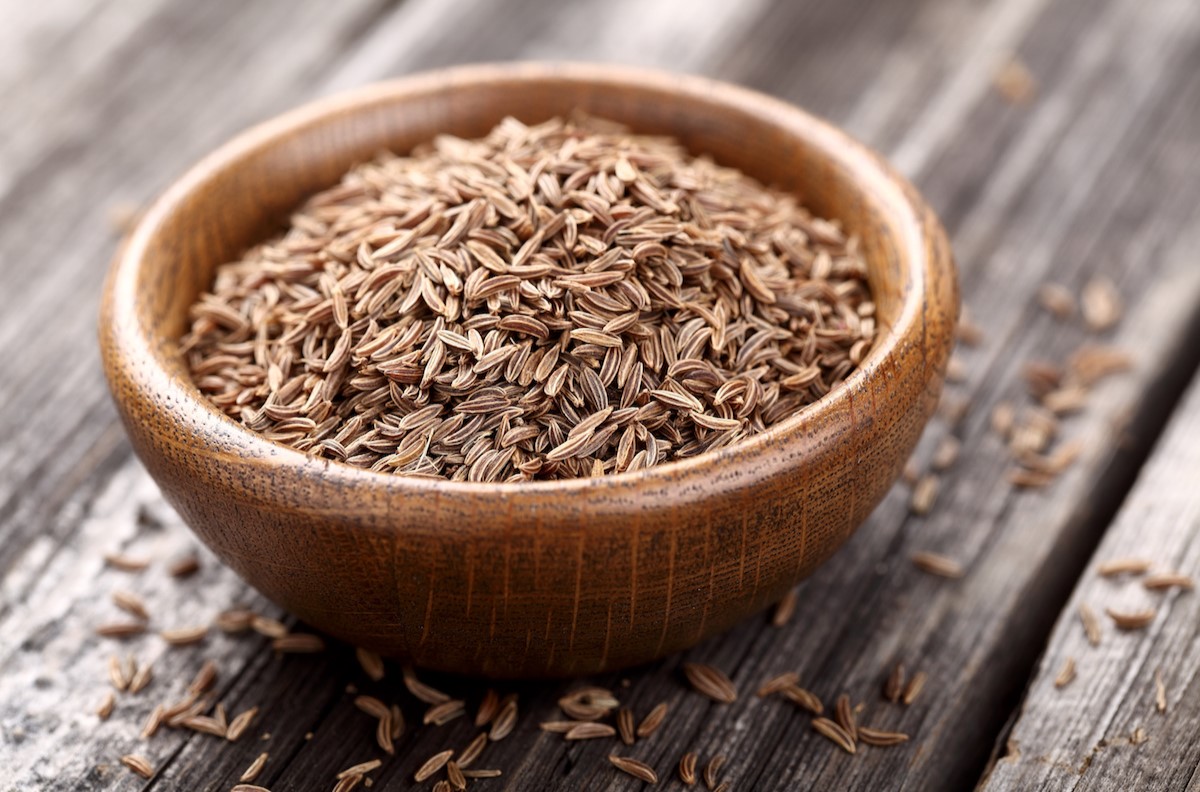
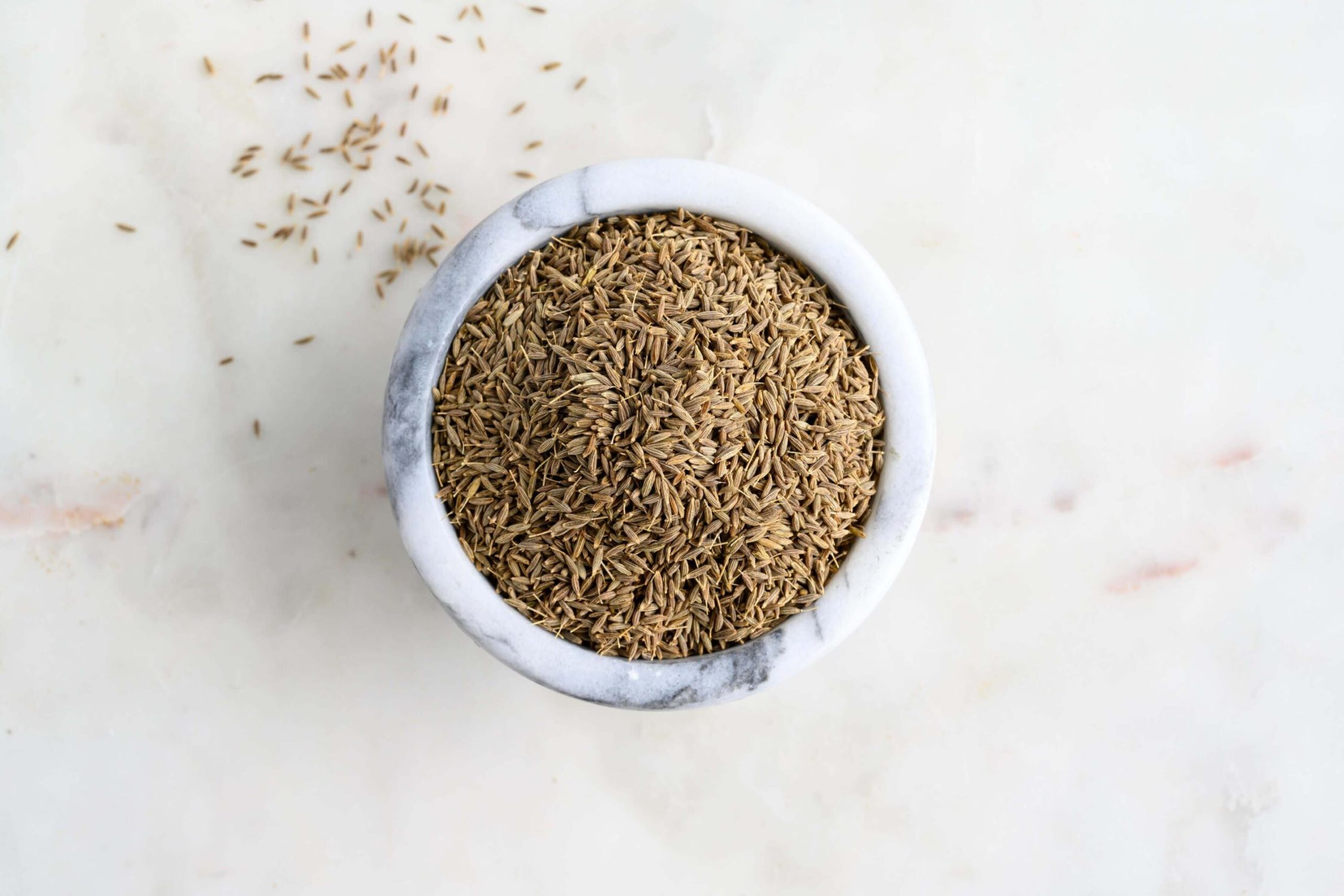
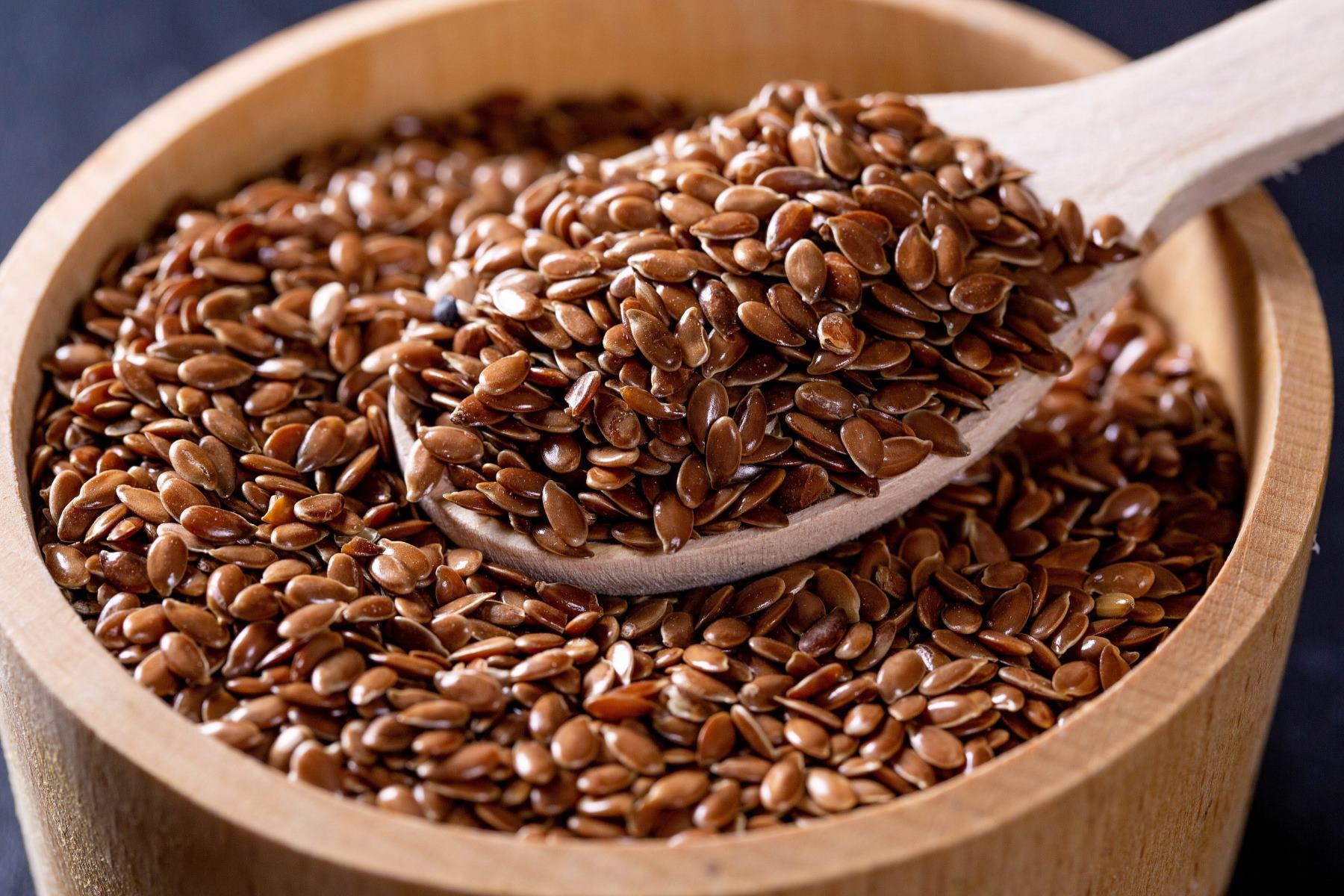
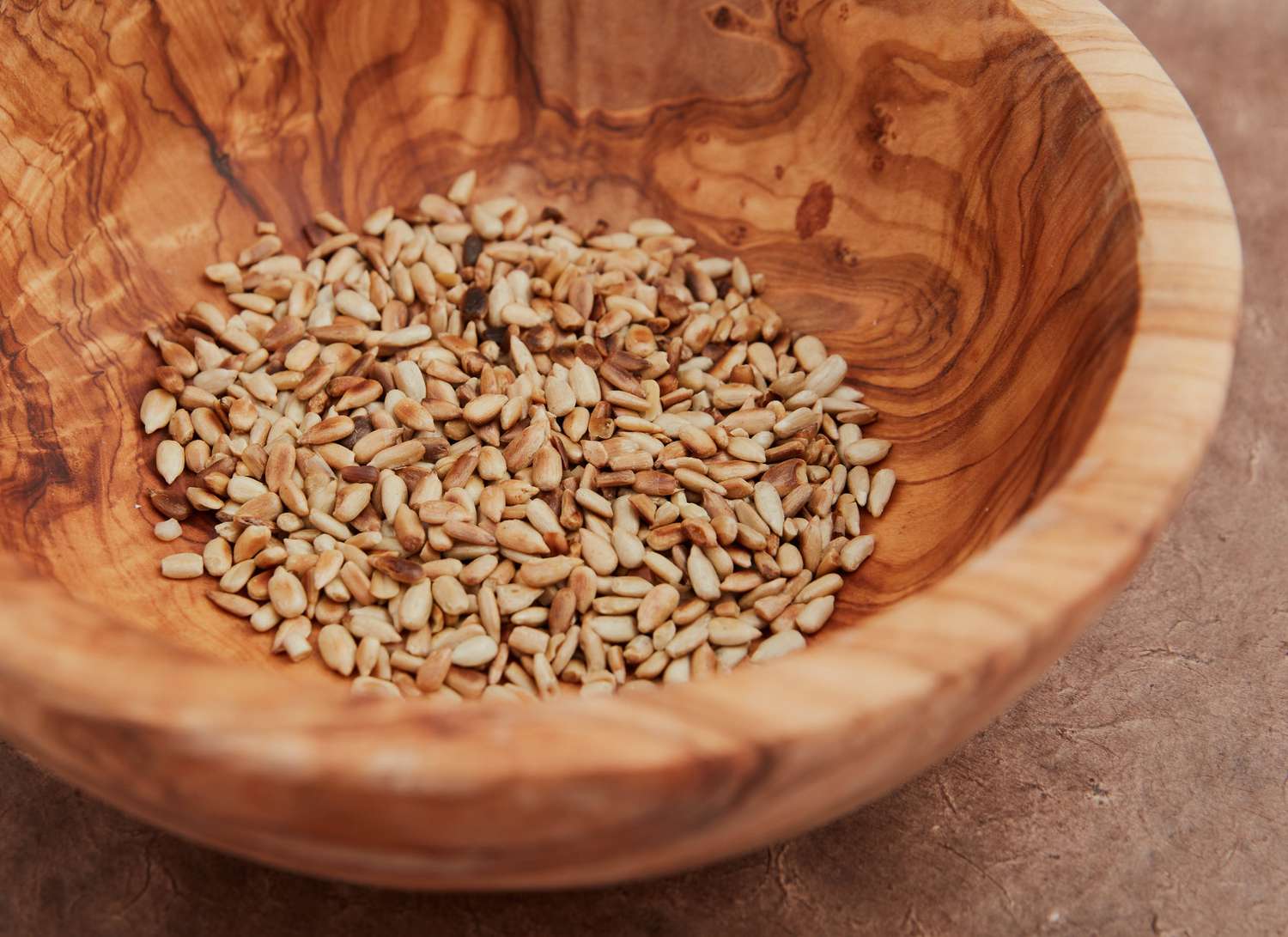
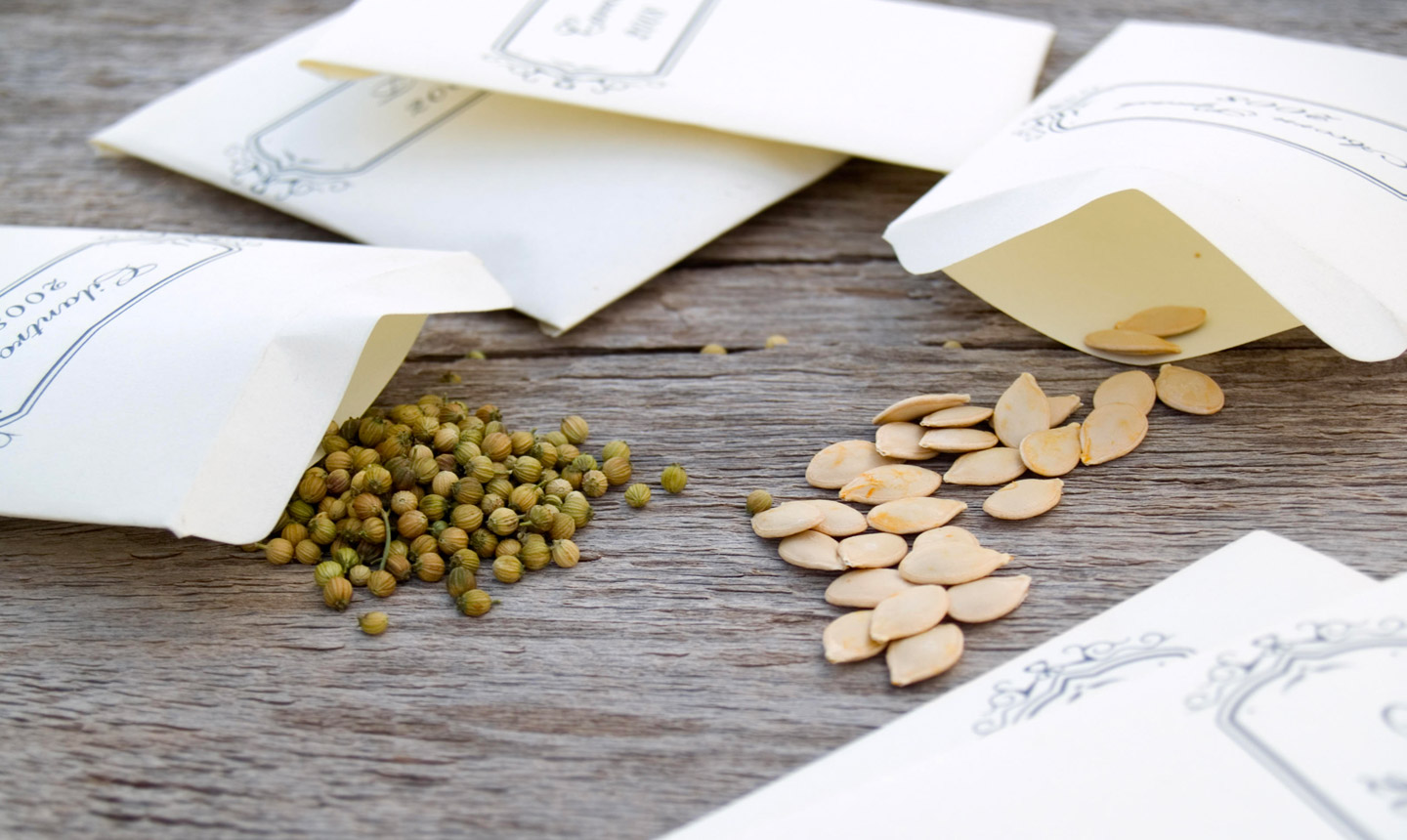
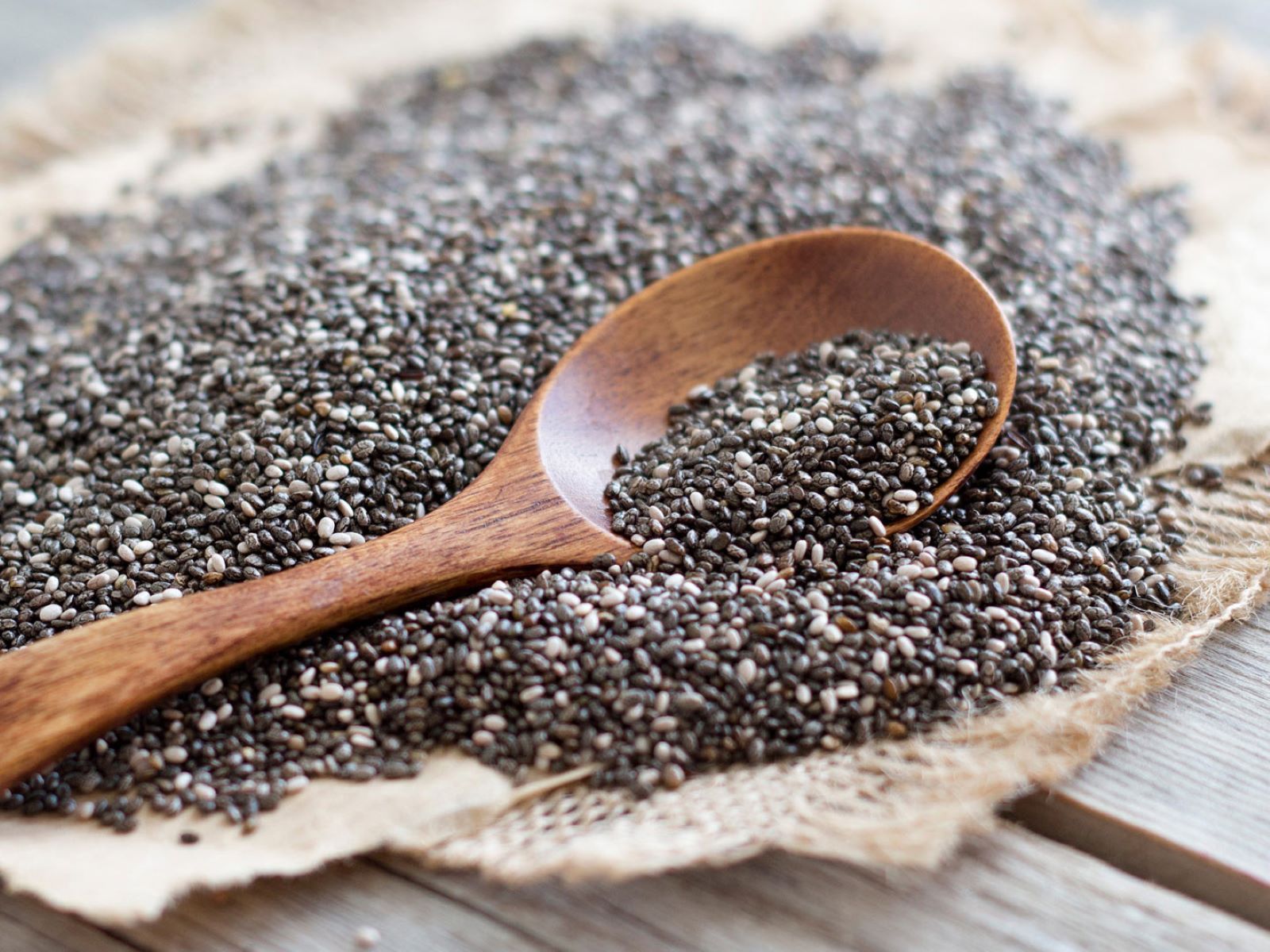

0 thoughts on “How Long Does Bird Seed Last”